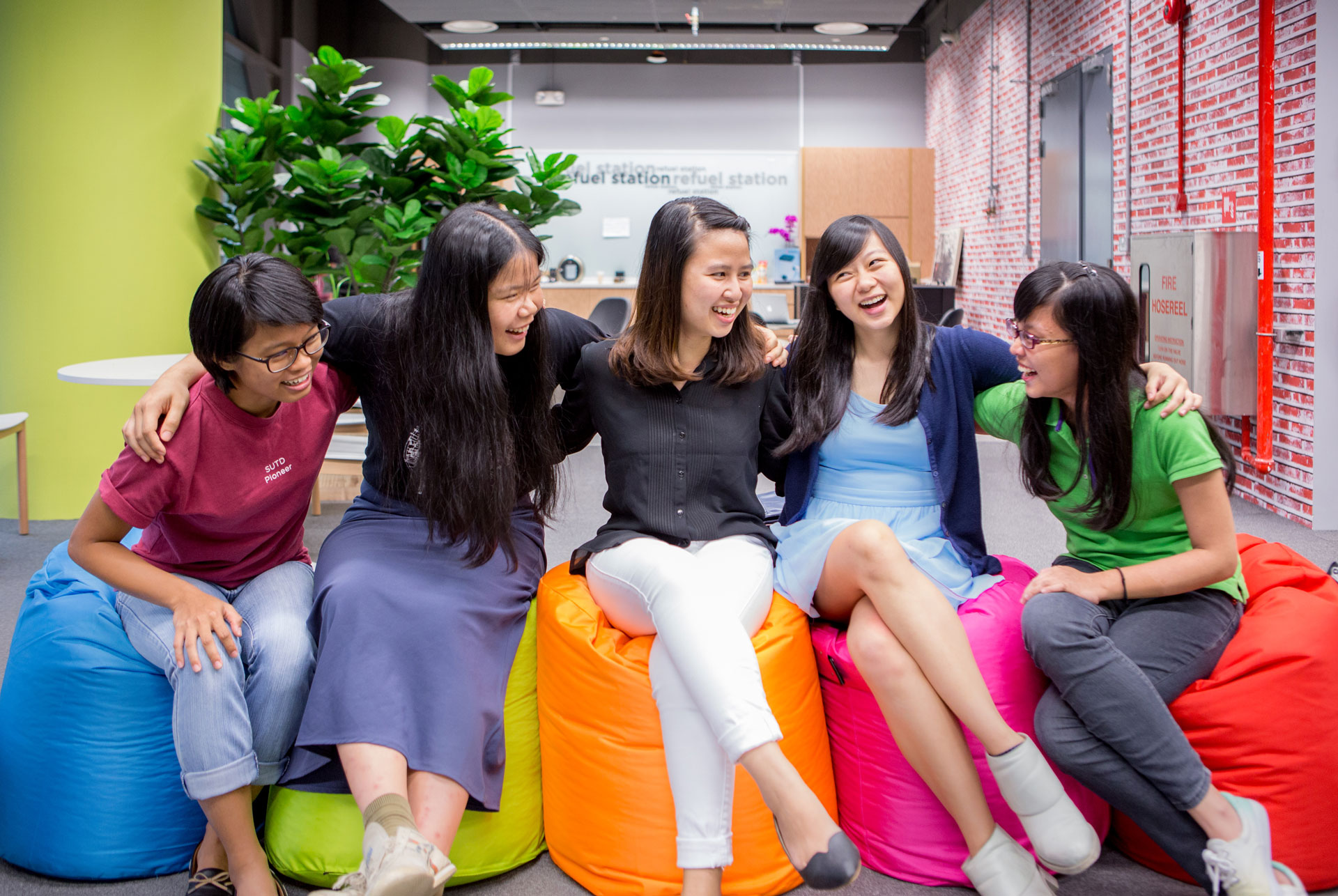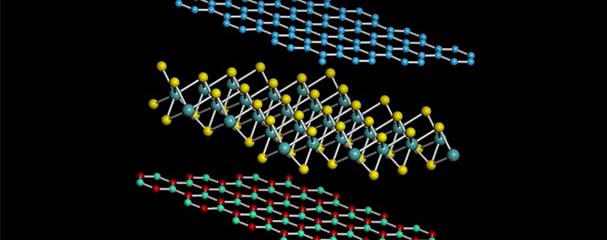Highlights

Dr Kwan Wei Lek Awarded Commendation Medal at NDA2022
Dr Kwan Wei Lek Awarded Commendation Medal at NDA2022


Dr Massimiliano Colla and his team awarded the Winner of Global Challenge Lab (GCL) 2022
Dr Massimiliano Colla and his Team Awarded the Winner of Global Challenge Lab (GCL) 2022

Congratulations to Dr. Teo Tee Hui for receiving the EnterpriseSG-SSC/SAC Commendation Award
Congratulations to Dr. Teo Tee Hui for receiving the EnterpriseSG-SSC/SAC Commendation Award
Congratulations to Dr. Apple Koh for achieving the status of Fellow by AdvanceHE
Congratulations to Dr. Apple Koh for achieving the status of Fellow by AdvanceHE

LEGO stacking of 2D materials brings us a step closer to ultracompact memory and spintronic tech
Different species of 2D materials can be ‘LEGO-stacked’ into a van der Waals heterostructure; SUTD scientists designed a novel functional 2D hybrid material for ultracompact memory and spintronic device applications.

Associate Professor Yang Shengyuan awarded with the World Scientific Medal and Prize for Outstanding Physics Research
Associate Professor Yang Shengyuan awarded with the World Scientific Medal and Prize for Outstanding Physics Research

SUTD researchers develop low-cost electroporation device that could expand global access to cancer drugs
SUTD developed a microsize-gap multiple-shot electroporation (M2E) device that could improve the effectiveness of delivering cancer drugs at a lower cost, globally.


Sparking new insights into dye chemistry
The SUTD-led study leverages systematic design and molecular engineering to develop brighter, more sensitive fluorophores used in detection probes and imaging labels.

Elevation to IEEE Fellow
Elevation to IEEE Fellow
Congratulations to Associate Professor Cai Kui who made it to the Singapore Top 100 Women in Technology 2021 Listing
Congratulations to Associate Professor Cai Kui who made it to the Singapore Top 100 Women in Technology 2021 Listing
